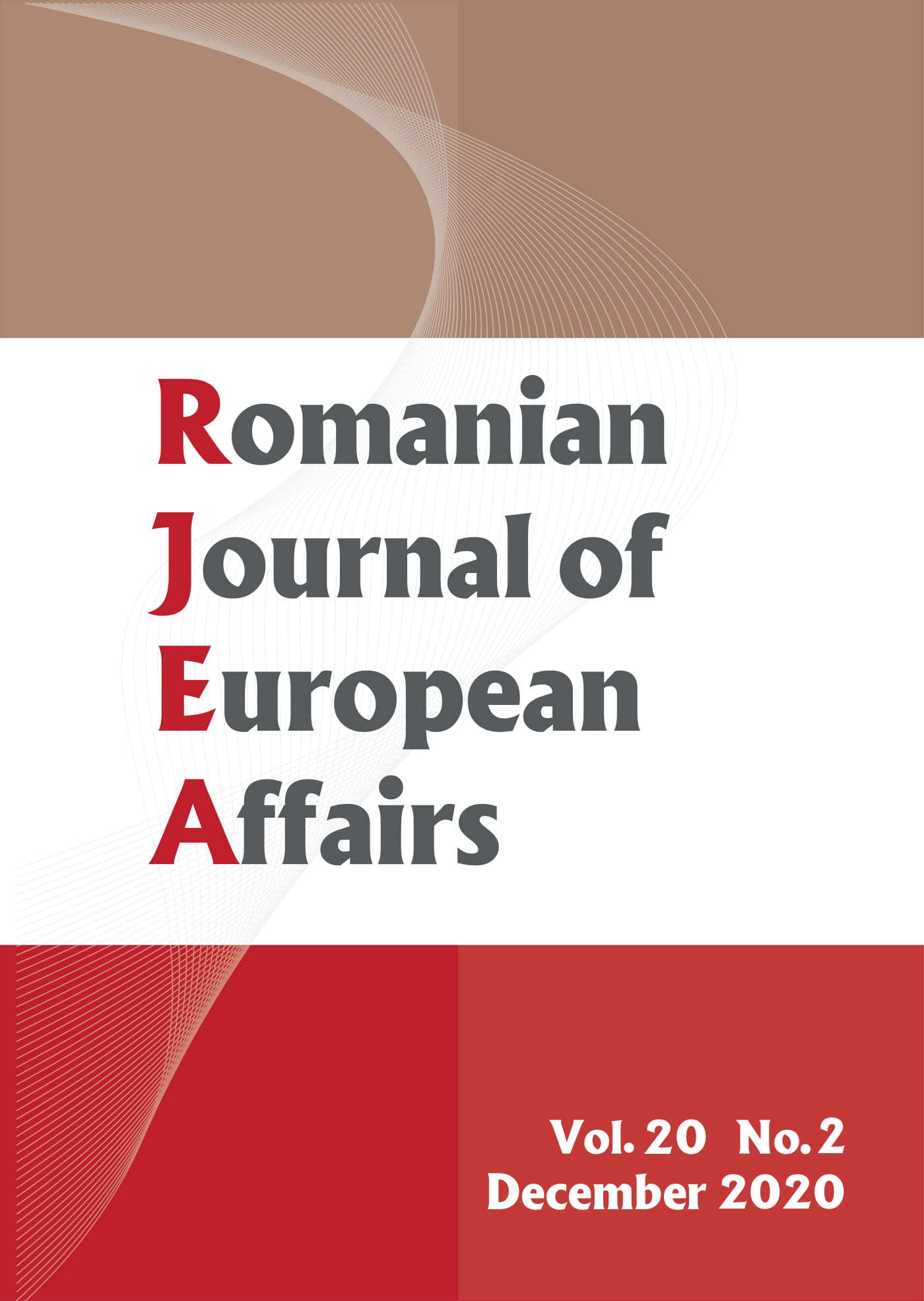Patterns of digital behaviour on instant
messaging platforms. WhatsApp uses among
young people from Romania
Patterns of digital behaviour on instant
messaging platforms. WhatsApp uses among
young people from Romania
Author(s): Nicoleta Corbu, Mădălina Boţan, Dana Raluca Buturoiu, Alexandru-Cristian DumitracheSubject(s): Politics / Political Sciences, Politics, Social Sciences, Political Sciences, Civil Society, Governance
Published by: Institutul European din România
Keywords: digital single market; digital behaviour; uses and gratifications; media diaries; WhatsApp;
Summary/Abstract: This paper examines the digital behaviour on one widely used instant messaging (IM) platform, namely WhatsApp, of young people in Romania, with a focus on the reasons for sharing information on the platform and dependency of using it. Within the broad framework of the digital single market, little is known about the motivations and behavioural patterns of young Europeans while using the increasingly popular IM platforms, nor is it clear whether country characteristics are relevant or not when evaluating the impact of such technological platforms on the life of young audiences. Rooted in the uses and gratifications perspective, this study uses media diaries (N = 229), filled in by young people in an ordinary day of the week and self-administered questionnaires in order to assess what might be the main gratifications that lead young and educated people to share information on WhatsApp and what makes them spend more time and be dependent on the platform on a daily basis. Main results show that the most frequent reasons why young Romanians use WhatsApp are social, professional, and instrumental. Moreover, the tendency to share content on the platform is higher for people who use it for instrumental and informative purposes. Dependency on the platform is significantly higher for young people who use it to fulfil affective needs (i.e., to express or receive affection or emotional support and avoid loneliness).
Journal: Romanian Journal of European Affairs
- Issue Year: 20/2020
- Issue No: 2
- Page Range: 62-78
- Page Count: 17
- Language: English

